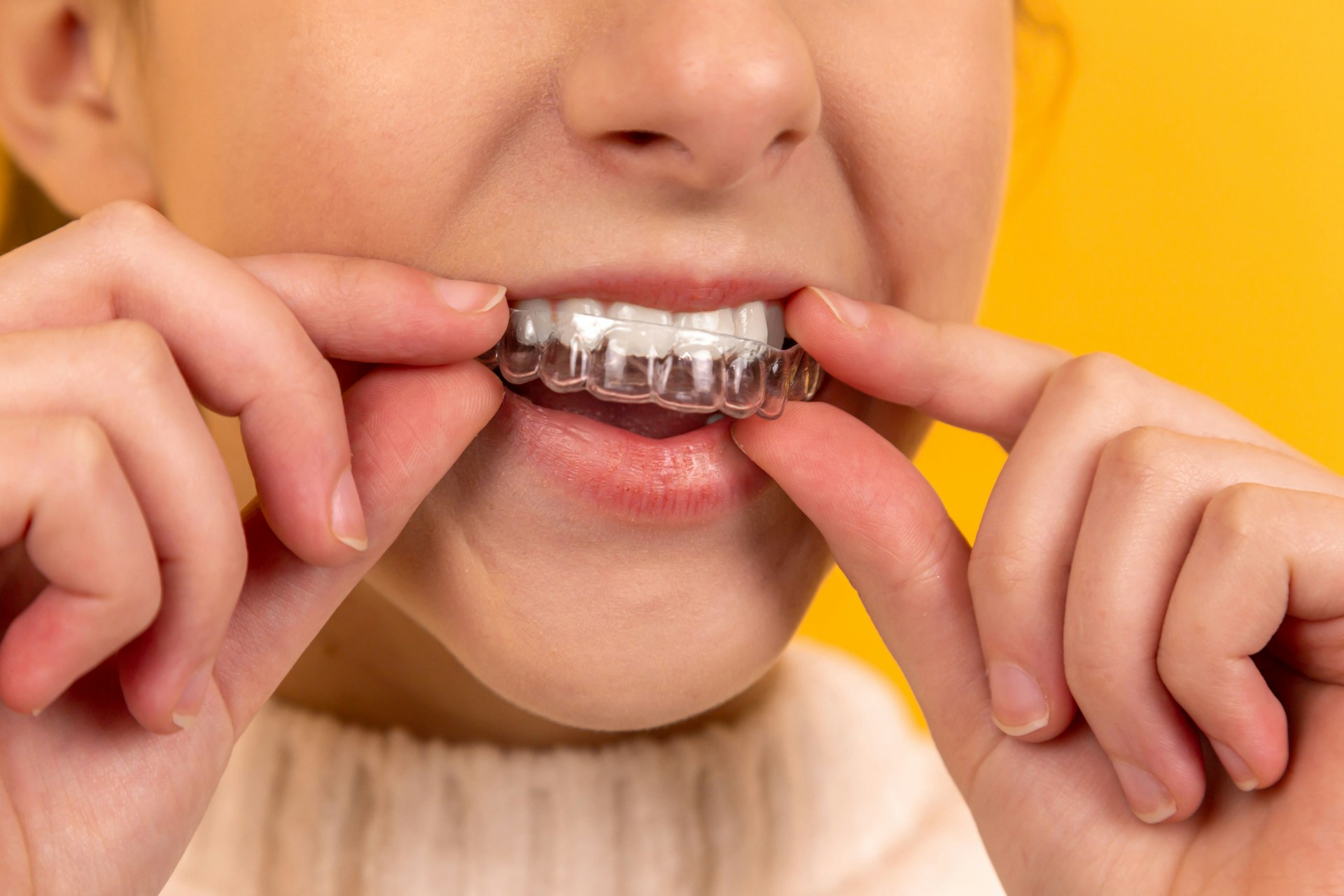
Effective Ways to Prevent Medication-Induced Tooth Decay
Key Takeaways
- Maintaining oral hygiene practices can significantly reduce the risk of tooth decay caused by medications like Suboxone.
- Regular dental check-ups are pivotal for early detection and management of dental health issues.
- Diet plays a significant role in oral wellness; certain foods can help strengthen teeth and gums.
- Keep an eye on symptoms of tooth decay and consult a dentist if any signs are observed.
The Link Between Medication and Oral Health
Many individuals might not be aware that certain medications can cause dental health issues, including tooth decay. For instance, Does Suboxone rot your teeth? This question frequently arises because Suboxone, a drug commonly prescribed for the treatment of opioid addiction, can indeed have adverse effects on dental health, including dry mouth and tooth decay. Understanding and implementing strategies to mitigate these potential side effects is essential for maintaining a healthy smile.
To combat the dental side effects of medications like Suboxone, it’s crucial to adopt and maintain a thorough oral hygiene routine. Preventative care can help safeguard your teeth against decay and other complications despite the medical challenges you might be facing. Let’s explore effective strategies to ensure your dental health remains robust.
Oral Hygiene Practices
Maintaining excellent oral health is essential in thwarting tooth decay. You may prevent dental enamel damage by brushing your teeth twice a day with fluoride toothpaste, which also helps to remove food particles and bacteria. Choosing a toothbrush with soft bristles is essential to avoiding gum and enamel damage. Regular flossing is just as important as brushing because it removes plaque and debris from the areas under the gum line and in between teeth that brushing alone frequently misses. This experienced dentist in Leominster MA also shares you can use interdental brushes as an alternative.
Moreover, adding an antiseptic mouthwash to your regimen might help get rid of bacteria that cause plaque and foul breath, which may reduce the risk of gum disease.
The CDC offers excellent, easy-to-follow tips for maintaining oral hygiene that are proven to be highly effective. These tips include brushing properly, avoiding tobacco, and visiting the dentist routinely for regular cleanings and check-ups.
Importance of Regular Dental Check-Ups
For dental concerns to be detected early on, routine dental appointments are essential. Dentists offer professional cleanings to eliminate tartar, a hardened version of plaque that cannot be effectively removed through brushing and flossing alone. Professional fluoride treatments can also help strengthen tooth enamel. Additionally, dentists can offer personalized advice tailored to your specific needs, especially if you are taking medications like Suboxone that affect your oral health.
For those who may not know where to start when looking for a dentist, the American Dental Association (ADA) provides resources to help you find a credible dental professional. By making use of these tools, you can ensure that you obtain comprehensive and excellent treatment by making well-informed selections about who to trust with your dental care.

Impact of Diet on Oral Health
Your diet significantly affects your oral health. Eating foods high in calcium and phosphorus, like leafy greens, dairy products, and nuts, helps to fortify your jawbones and teeth. These minerals are essential for the regeneration and maintenance of dental enamel. Vegetables and fruits stimulate the production of saliva, as do other high-fiber diets. Saliva acts as a natural barrier against tooth decay by neutralizing acids produced by oral bacteria.
On the flip side, sugary snacks and beverages can contribute greatly to tooth decay. The sugars that the bacteria in your mouth consume produce acids that break down tooth enamel. To maintain good dental health, it’s recommended to limit sugary treats and opt for healthier snacks. Reliable resources online offer extensive information on how diet impacts oral health, and adopting their guidelines can make a huge difference in maintaining strong and healthy teeth.
Combating Dry Mouth
A typical side effect of many drugs, including Suboxone, is dry mouth. Because saliva plays a vital function in washing away food particles and neutralizing acids created by bacteria in the mouth, this disease raises the risk of tooth decay. Drink a lot of water throughout the day to keep your mouth hydrated and prevent dry mouth. Chewing sugar-free gum might make your mouth more moist and boost the production of saliva. It’s also a good idea to stay away from alcohol and coffee since they might further dry up your mouth.
Moreover, using a humidifier at night can help keep your mouth moist while you sleep. Specialized dry mouth products, such as mouthwashes designed for dry mouth, can also relieve dry mouth and help protect teeth from decay.
Recognizing Symptoms of Tooth Decay
Early recognition of tooth decay symptoms can prevent more serious dental issues down the line. Common symptoms include tooth sensitivity, especially when consuming hot, cold, or sweet foods and drinks. You might also experience pain or discomfort when biting down. Visible signs such as discoloration, pits, or holes in your teeth are clear indicators of decay. If you notice any of these signs, it is essential to consult your dentist promptly. Your teeth can be saved and the progression of the decay can be stopped with early detection and treatment.
In order to shield your teeth from additional harm, your dentist might suggest procedures like dental sealants, fillings, or even applications of fluoride. Keeping an eye on your dental health and taking care of problems as soon as they appear will help you keep your mouth pain-free and healthy.
Conclusion
Although medication-induced tooth decay is a serious problem, it can be effectively manageable with the appropriate techniques. By following proper dental hygiene practices, scheduling routine examinations, monitoring your diet, and drinking plenty of water, you can significantly lower your risk. Always consult your healthcare provider and dentist to tailor these strategies to meet your needs and circumstances.
Establishing a comprehensive dental care routine and being attentive to changes in your oral health can prevent medication-induced tooth decay. While medications like Suboxone are vital for managing certain health conditions, being proactive about your dental health ensures you can maintain a healthy smile while benefiting from your prescribed treatments.








